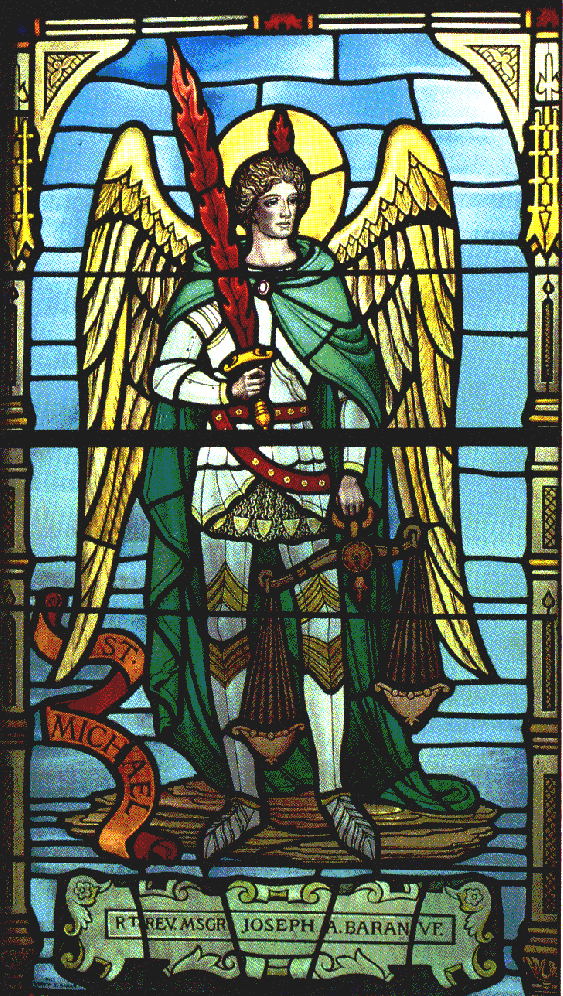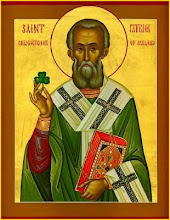The second chapter of Genesis tells us the story of Cain and his brother, Abel. We know that Cain was born first, followed by Abel. We also know that Cain was a farmer and that Abel was a shepherd. The biblical text continues to tell us that Cain brought to God an offering of the “fruit of the ground,” and Abel brought an offering “of the firstborn of his flock and of their fat portions.” God looked favorably on Abel’s offering but not on Cain’s. Of course, the first question is, “Why?” Why did God find favor with one and not the other? I think one possible answer lies in the words themselves. Cain brought an offering of the fruit, but Abel brought an offering of the firstborn and of their “fat portions.” This might imply that Abel brought the best of what he had while Cain was less discerning with his offering.
Cain was angry and jealous. He was angry that he had been embarrassed by his younger brother, and he envied the favor that his brother had received from God. What God says next (Gen 4:6-7) is very important, “Why are you angry, and why has your face fallen? If you do well, will you not be accepted? And if you do not do well, sin is crouching at the door. Its desire is for you, but you must rule over it.” Could it be that he was angry with himself? This is entirely possible; however, in true human fashion, he could not allow himself to take responsibility for his own actions. He could not possibly be to blame for his falling short. It had to be someone else’s fault. It had to be Abel’s fault. Abel stole God’s favor from him.
This has particular significance in today’s society. We live in a culture in which no one wants to assume responsibility for his/her own actions. People blame restaurants for their spilling hot coffee in their own laps. Burglars sue homeowners when they are injured in the commission of their crimes. Many blame their parents for their crimes – mom and dad didn’t show enough attention, or they gave too much. Rapists and pedophiles blame their victims. People who choose “alternate lifestyles” blame genetics. Oh, but if only it ended there….Juries award millions of dollars for “butter fingers” and clumsy crooks. Psychologists encourage the idea that mom and dad can be to blame for the crimes of the son. We the people are quick to judge a woman or girl who might happen to dress provocatively or act with less than perfect moral purity as though she might have caused the brutal and dehumanizing attack on herself. I think one reason many people are so willing to believe all these things is that if they are true, then maybe we are not responsible for our own shortcomings.
Notice in the biblical text that there is no mention of the role of Adam and Eve in the actions of Cain when he chose his offering to God. It does not tell us that Eve neglected Cain in favor of his brother, causing a festering jealousy of Abel waiting to be triggered by one too many rejections. It does not say that Adam physically abused Cain, bringing a great anger in Cain waiting to be triggered by being out-shone by his brother. The lesson in these two verses is that we are responsible for our own actions. If we do well, will we not be accepted? And if we do not, is it not our own shortcomings that we are responsible for overcoming? Did we try hard enough? Did we give it our all? Were our efforts in line with the will of God?
The bad news is that we have to accept the guilt for the things we do. The consequences of our actions are our own. The good news is that once we do this, the Bible tells us that we can turn our guilt over to God. The good news is that our debt has already been paid. If we confess to (agree with) God that we have sinned (done wrong) and believe that God sent His Son, Jesus Christ, to die in our place, then we will be forgiven of our sins and receive eternal life. The problem with today’s society is that the common belief is that “it is someone else’s fault.” Instead of accepting and dealing with our sin, we find ways to rationalize it.
The next question that often arises is “how could you be so narrow-minded as to believe that Jesus Christ is the only way to heaven?” I would answer this question with one of my own. Knowing that God has said the penalty for sin is death, why would He offer us a way of salvation at all? And given that God is willing to offer us a way of redemption, why would He not have the right to determine what that Way will be? The fact is that He did not have to offer us a way at all. He could have made us to lie in the bed that we have made, but He made a way for reconciliation instead. He basically said, “you deserve death, but I will give you a way out.” One only has to look at the scriptures to see that God has historically been very specific in His instructions to His people. God told Abraham to sacrifice his son, Isaac, on Mt. Moriah before providing a ram to be sacrificed in his place. God gave specific instructions to the Israelites during the Passover in order for them to avoid the fate of the Egyptians – they were to sacrifice a lamb and spread its blood over the doors of their houses. God gave specific instructions in the Law of Moses concerning not only sin, but also day-to-day living. Why would we think that He would be any less specific with His instructions on salvation? God said that we would die for our wrongdoings, but He provided a Lamb to be sacrificed in our place.
To be continued…
Peace
Jerry
<><
St. Michael the Archangel

Patron Saint of Police Officers
Friday, April 11, 2008
Cain slew Abel, part 1
Posted by
Jerry S
at
4:07 AM
![]()
Subscribe to:
Post Comments (Atom)








1 comment:
I like that. You articulated your post quite well, and the message was clear and easy to understand.
Post a Comment